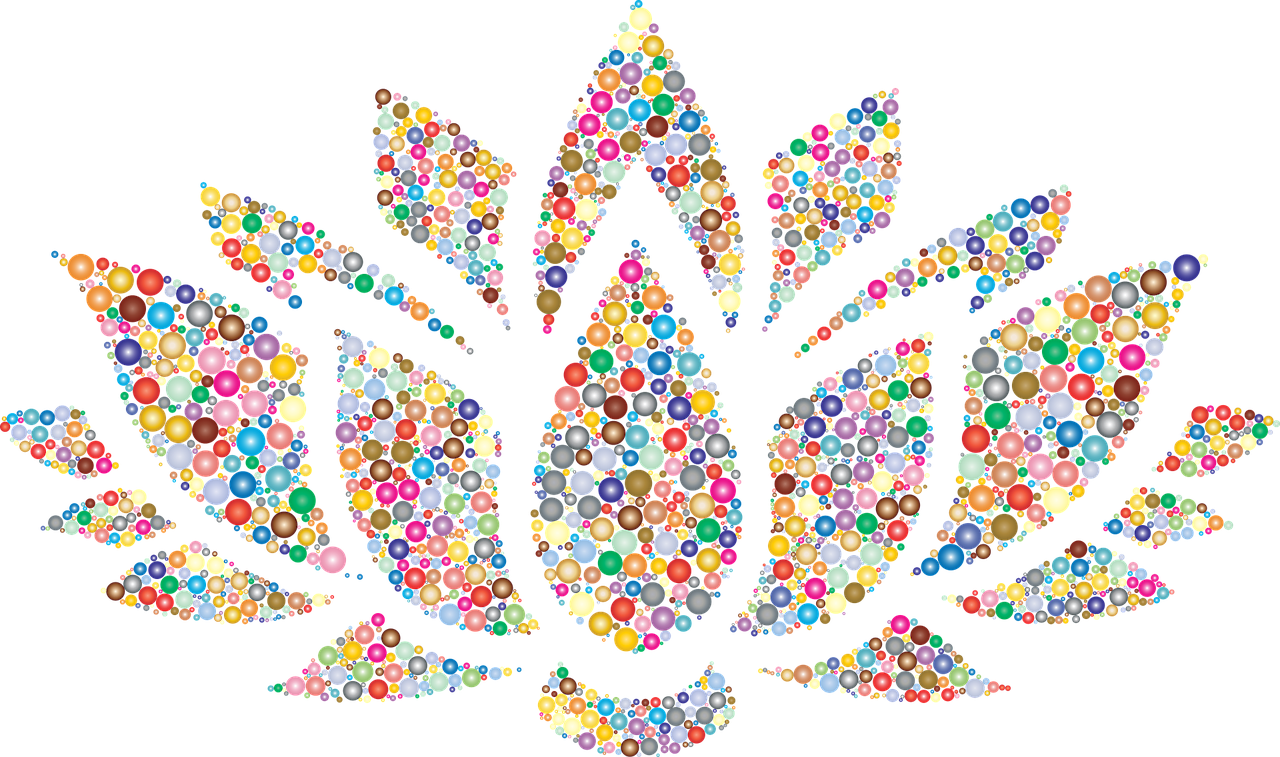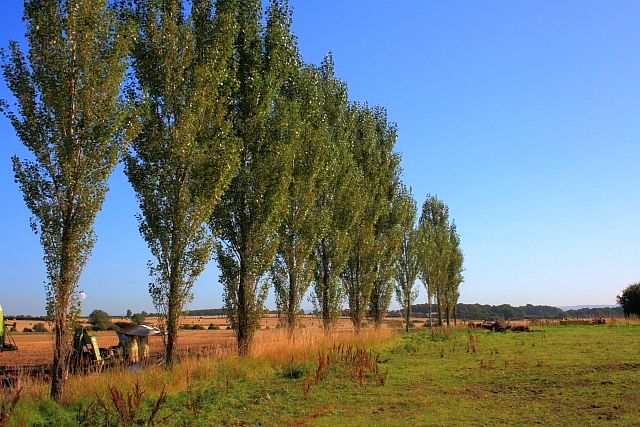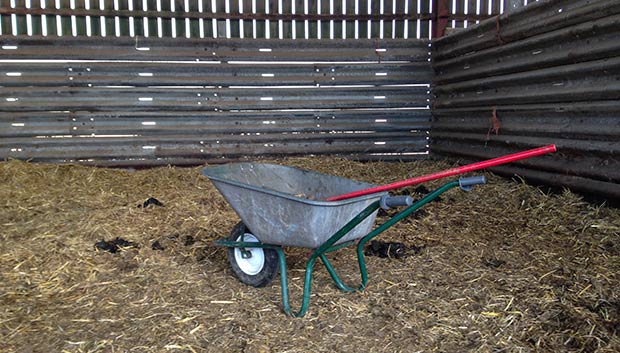‘When do you first remember feeling safe? And where were you at that time? And who were you with?’ Marie was sitting back at ease waiting for me to answer, but her dark eyes had a glint of challenge in them.
My answer was easy and immediate, ‘On the top of a hill, aged 14, with nobody around’.
She did the therapist’s nod but said nothing. There was even more of a glint in her eye, which I’d learnt over the past year meant ‘And the rest, please. Go on…’
I didn’t go on because I’d slipped right back into pre-verbal mode, scratching my face and beginning to zone out, to dissociate. The questions were being asked in an overly air-conditioned room filled with the atmosphere of pre-op consent consultations at the Bristol Dental Hospital. We were on very familiar territory, literally and metaphorically, in my cleft psychotherapy sessions.
The question of when and where I first felt safe had been coming up fully consciously for the previous ten years, along with the first time I admitted that I didn’t usually feel safe in groups, which was in a Spiritual Companions Educators circle.
This was also the first time I’d met Anna. There was she, an attractive, articulate, emotionally mature, white woman, taking her turn to check in to this new group ahead of me. How could it be that she, so lovely, so bright, so popular, could ever feel unsafe in groups?
That’s Anna’s story to tell, but her admission gave me permission to share my own truth about feeling unsafe. Anna and I bonded further through a shared love of Audre Lorde’s writing.
My familiarity with unsafety has also enabled me to start many conversations about being fully who we are with other colleagues and friends who are outsiders-on-the-inside.
Last year, a good friend – who never lets my consciousness slip around the ongoing inequalities and barriers for People of Colour to be able to access spirituality workshops – shared her thoughts and feelings about the harmful actions, racism and lack of diversity within the global spirituality industry and asked for mine.
You may remember the righteous outrage that erupted across social media when a US-based conference for Urban Priestesses failed to feature prominently any women presenters who were not white and wealthy-looking. Marianne Williamson, whose work I respect, got her initial response badly wrong. This showed the only appropriate thing a white woman can do is to stand aside while her black colleagues make a far more informed, eloquent response and then loudly applaud them.
As a white woman preparing to lead a spirituality course, I’ve thought long and hard about the question of my part in this discrimination ever since.
And I don’t have an easy answer. But I do know about my Otherness coming into the room and joining the group with me.
It’s not just about my different appearance and my unmistakably-different voice.
It’s about the space I take up with my presence, the bigness of my strength and my personality. Without these I would not have survived.
‘Taken aback’ is an expression that I’ve experienced more often than the easy smile of welcome on the faces of people meeting me for the first time.
I am well acquainted with polite small talk on first meeting, followed by the subtle but very definite exclusion or avoidance when it comes to socialising in breaks.
I know the unconscious expectation that I will be grateful for inclusion in groups and must therefore fulfil that role of The-one-we-will-allow-as-long-as-she-stays-subservient-to-us. I know the immediate and loud scapegoating attempts that can follow when I do not stay quiet and meek.
I am weary of the surprise that’s still openly expressed by individuals in group feedback about how intelligent I am, like this gift should not have been given to someone with cleft lip and palate, nor to anyone else who has otherness within their gift.
But at least I am in the room.
In spirituality workshops, People of Colour are very rarely in room at all due to the pervasive institutional racism that affects all aspects of society. And when People of Colour do dare to enter the workshop space, both subtle and overt forms of exclusion and oppression continue to take place.
This shows up for black people in particular in being seen as threatening, intimidating, scary, angry, bullies when they display their personalities in workshop groups. The right to take up space and their place as an equal and valued member of the group is still not extended to them, even in – sometimes especially in – spirituality spaces where people are developing the ability to be present and fully embodied.
When a black person expresses herself from a place of being fully embodied she can be accused of being ‘overpowering’. Which says it all really, that rather than being seen as taking her rightful place and fulfilling her potential, an embodied and expressive black person instead is seen as starting to gain power over the white majority in the group.
A person, or group of people, of colour in a spirituality space made up of people from predominantly white backgrounds will still have to tread a fine line towards acceptance and inclusion, risking retraumatisation from the pervasive institutional racism that affects all aspects of society and will bubble up at some point in the pressure cooker of the spirituality workshop.
It is how this inevitable bubbling up of racism and oppression are addressed that can either heal or harm.
I am very conscious that the photographs of myself and the other course tutors for the Practical Spirituality and Wellness Diploma show apparently middle-aged, middle-class white people. How can possibly make a difference to the structural barriers facing marginalised people?
This question of making a structural difference has been the foundation for my entire career combining education and public health. And I am still working on it on a personal level as well as a professional level.
I understand that the solution is not to be even more tolerant and accepting, which can come across in the same patronising way that I’ve experienced. I can still be clumsy in my attempts to include others and have no doubt come across at times in condescending ways that I did not intend.
All I can say to anyone who has been put on the outside of the mainstream for any reason is that I get it. My own experience of being the Other, often the only Other in groups, has given me a foundation of willingness to try to understand your own experience of discrimination and exclusion.
So come with your differences, visible or invisible, and I will welcome all of who you are into any circle I hold. Together we will explore and heal and grow together as the beautiful, individual diverse reflections of the Great Spirit that we each of us are.
We explore the skills and develop the self-awareness to companion and mentor anyone on their spiritual journey on the Diploma in Practical Spirituality and Wellness.



